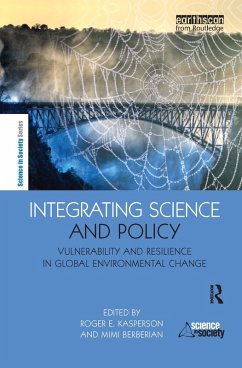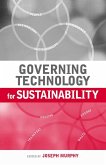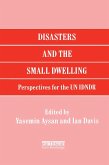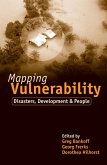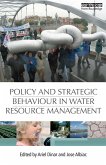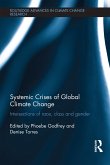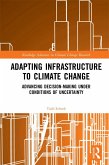As progress towards a greater knowledge in sustainability science continues, the question of how better to integrate scientific progress with actual decisions made by practitioners remains paramount. This book aims to help close the gap between science and practice. Based on a two year collaborative project between Harvard and Clark Universities, the book takes as its focus the vulnerability and resilience of people around the world to the effects of environmental change, a mature area of research in which one might expect the gap between science and policy/practice to have been extensively bridged. The book presents analysis of past studies, interviews conducted with the producers and users of scientific knowledge, and case studies performed by leading scholars across a spectrum of international settings and political systems. Crucially, the authors identify new directions and tools for closing the gap between science and policy across a range of situations and societies. The result is an illuminating collection of studies and analyses that suggest to researchers, students, practitioners, and policy-makers alike how best to ensure that high quality environmental research informs good environmental policy and practice. ACKNOWLEDGEMENTSThe editors and authors are grateful to Lu Ann Pacenka, who formatted the text of the book., The editors also wish to express their appreciation to Bill Clark and Nancy Dickson of Harvard University, who commissioned and provided oversight for the preparation of the volume., Both editors and authors wish to express their appreciation to the David and Lucile Packard Foundation for providing funds to support the project., Finally, the editors are grateful for the continuing support of the George Perkins Marsh Institute at Clark University. Published with Science in Society
Dieser Download kann aus rechtlichen Gründen nur mit Rechnungsadresse in A, B, BG, CY, CZ, D, DK, EW, E, FIN, F, GR, HR, H, IRL, I, LT, L, LR, M, NL, PL, P, R, S, SLO, SK ausgeliefert werden.

